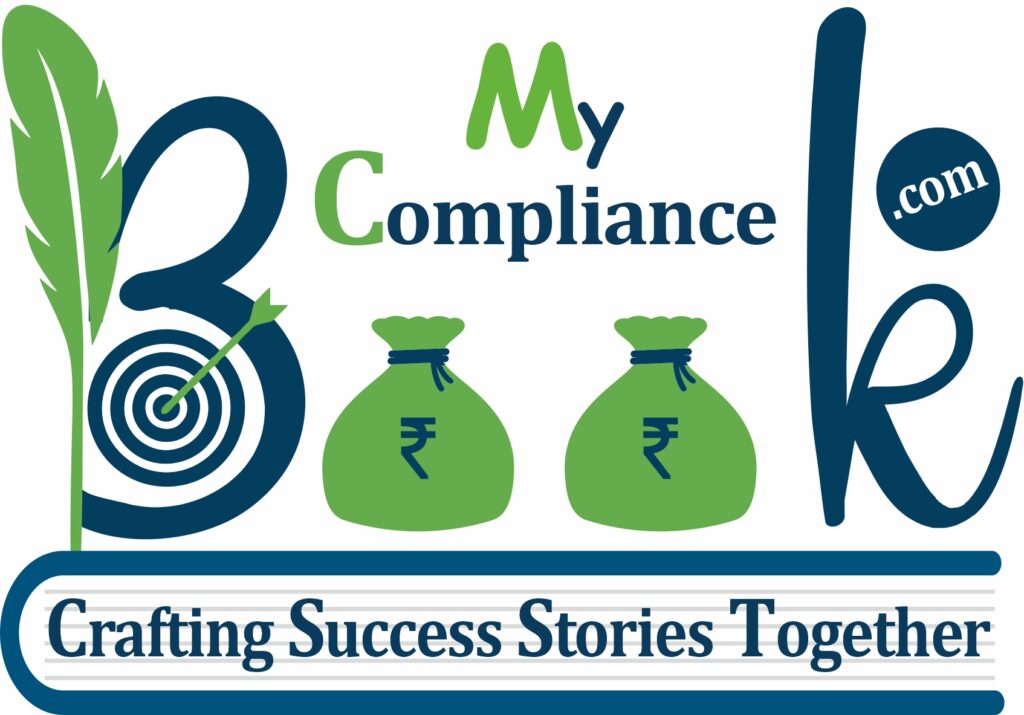
Sole Proprietorship Registration
- Sole proprietorship registration made simple with expert support
- Complete documentation and filing support done in one go
- End-to-end support for proprietorship registration and compliance
Book My
Table of Content
- What is a Sole Proprietorship Registration?
- What types of businesses in India can be Sole Proprietorships?
- Benefits of Sole Proprietorship in India
- Eligibility Criteria for Sole Proprietorship Registration in India
- Documents Required for Sole Proprietorship Registration in India:

Sole Proprietorship Registration
What types of businesses in India can be Sole Proprietorships?
- Retail (e.g., grocery, clothing stores)
- Freelance services (e.g., writing, graphic design, IT services)
- Food and beverage (e.g., catering, small eateries, bakeries)
- Health and fitness (e.g., personal trainers, yoga instructors)
- Education and tutoring (e.g., coaching centers, online classes)
- Consulting (e.g., business, marketing, financial consulting)
- E-commerce (e.g., online stores, dropshipping)
- Creative arts (e.g., photography, handmade crafts)
Benefits of Sole Proprietorship in India
Quick & Simple Setup
No complicated paperwork or registration required (unless needed for licenses).
Complete Control
You make all the decisions alone, no partners involved.
Low Cost
Minimal expenses to set up and run the business.
Fewer Rules
Less paperwork and no need for annual audits or meetings.
100% Profit
You keep all the profits; no sharing with others.
Tax Benefits
Taxes are paid on your personal income, so no double taxation.
Easy to Maintain
Very low maintenance and simple record-keeping.
Direct Relationship with Customers
Closer, personal connections with customers.
Eligibility Criteria for Sole Proprietorship Registration in India
3. Documents: You must be an Indian citizen.
- PAN Card for tax purposes.
- Aadhar Card for identity verification.
Basically, if you’re an adult Indian citizen with the right documents, you’re good to go!
FAQs on Sole Proprietorship Registration
A Sole Proprietorship is a business owned and operated by a single individual who is responsible for all aspects of the business, including liabilities and profits.
Sole Proprietorships don’t require formal registration. However, you must obtain necessary licenses, such as GST, Shops & Establishment Act, and other relevant permits based on your business.
Yes, the PAN card of the proprietor is required for tax filings and opening a business bank account.
• Easy to set up
• Full control of the business
• Simple tax filing
• Minimal compliance requirements
You must register for GST if your annual turnover exceeds ₹40 lakh (₹20 lakh for special states) or if you're involved in interstate sales or e-commerce.
There is no minimum capital requirement to start a Sole Proprietorship in India. You can begin with any amount based on your business needs.
Yes, if you operate a physical store or office, you need to register under the Shops & Establishment Act of your state.
Yes, you can hire employees. However, you must comply with labor laws, including EPF, ESI, and other statutory obligations.
No, as a sole proprietor, you have unlimited liability, meaning personal assets can be used to pay off business debts.
Sole Proprietors file Income Tax Returns (ITR-3) annually based on business profits, and tax is paid according to the income slab.
• PAN Card
• Aadhar Card
• Business Address Proof
• Bank Account Details
• Passport-sized Photograph
• GST Registration (if applicable)
• Shop & Establishment License (if applicable)
Yes, a Sole Proprietorship can apply for business loans, though the terms may be more stringent compared to other business types.
Yes, if you are running a food-related business, you need to register with the Food Safety and Standards Authority of India (FSSAI).
Changing the name of a Sole Proprietorship requires updating the business’s documents, such as bank accounts, GST, and other registrations.
Yes, a Sole Proprietorship can be converted into a Private Limited Company or other business structures as your business grows.
Sole Proprietors are taxed based on their income under Income Tax Act. The business income is added to the personal income of the proprietor.
The Udyam/MSME registration is valid for a lifetime unless there is a change in the business structure.
Yes, you can run a Sole Proprietorship online without a physical store, as long as you follow the necessary legal and tax compliances.
To close a Sole Proprietorship, you need to:
• Settle all business liabilities.
• Deregister with GST and other relevant authorities.
• Close your bank accounts and cancel any business licenses.
Yes, you can operate multiple Sole Proprietorship businesses as long as each one complies with legal and tax requirements.
Related Business Registrations
In addition to registration or incorporation, a business may require other registrations depending on the business activity undertaken. Talk to an Advisor to find out registrations your business may require post registration.







